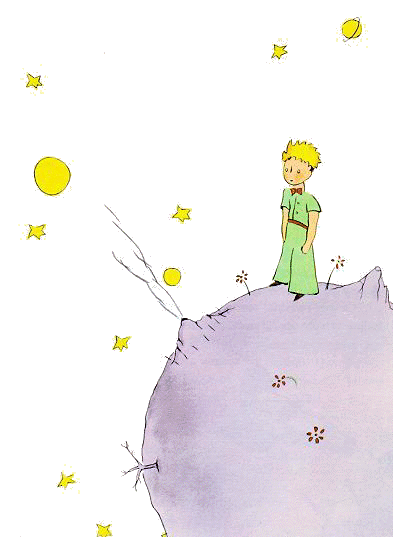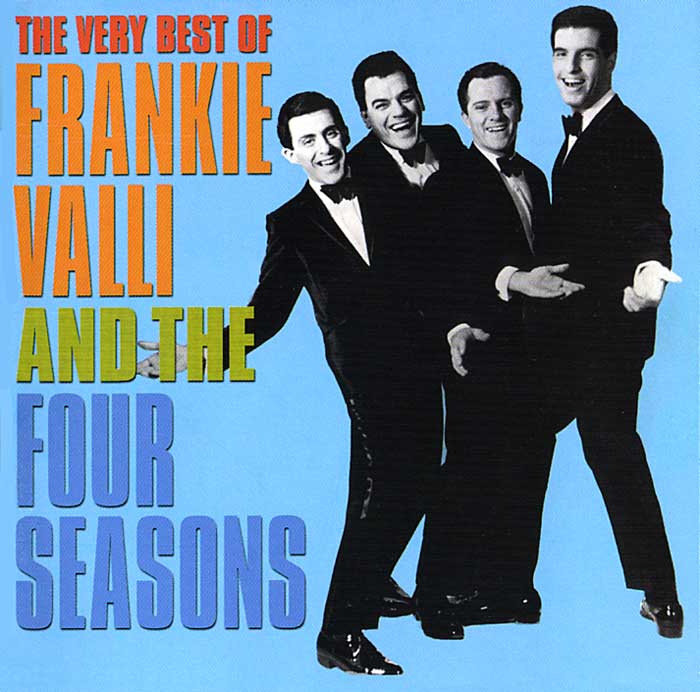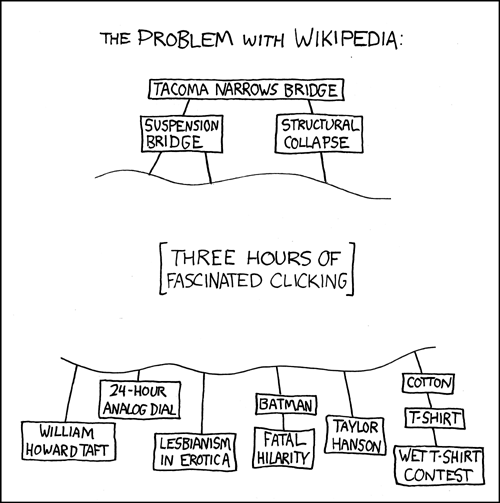Jodi Picoult is a very successful American author. Her bibliography is as follows;
Songs of the Humpbacked Whale - 1992
Harvesting the Heart - 1993
Picture Perfect - 1995
Mercy - 1996
The Pact - 1998
Keeping Faith - 1999
Plain Truth -1999
Salem Falls- 2001
Perfect Match - 2002
Second Glance - 2003
My Sister's Keeper - 2004
Vanishing Acts - 2005
The Tenth Circle - 2006
Change of Heart - 2007
Nineteen Minutes - 2008
I've read nine or so of those, mostly the more recent ones.
The first book of Picoult's that I read was
My Sister's Keeper, about a girl who was born only because her sister needed stem cells. However, soon, Kate, the elder sister, needs more than stem cells, and Anna is in and out of hospital, despite not being sick herself. Finally, Anna decides to sue her parents for medical emancipation - the right to do what she likes with her own body.
The book is told from a variety of different viewpoints, including Anna, her parents, her brother, and her lawyer. The one point of view that is noticably missing is Kate's, and this lack is extremely effective. The story focuses around her, but her thoughts are not revealed. My
Sister's Keeper was an excellent book, which encouraged me to pick up another of Picoult's novels -
Plain Truth.
Plain Truth focused on an infanticide discovered on an Amish farm, and was interesting in that it provided a detailed view of the Amish lifestyle. Although no Amish people have read or commented on the book, lapsed Amish - those who were brought up that way, but do not live in Amish communities as adults - have said that this portrayel is accurate.
The Tenth Circle, the next novel of Picoult's that I read, was about rape. Possibly. It's a grey area. It also had a lot of information on the culture of Inuit peoples, and some of their ideas.
The next book I read,
Salem Falls, had a sideline in Wiccans.
Now, although I loved each of these books - particularly
Salem Falls, which focuses on a man falsely accused of rape - I began to notice something rather formulaic about them. There is a debatable issue at the heart of each novel, and, in each of them, some unique culture is showcased.
Now, Picoult is very good at researching her novels. As I said, her portrayel of the Amish was well received, as were many of the cultures shown in her other novels. But, on reading
Nineteen Minutes, something went wrong.
The main character is, essentially a computer geek. He spends a lot of time online, and is someone whom I feel I could identify with -
if he weren't a two-dimensial stereotype held together with cliches. He doesn't seem real. He's not accurate. She got it wrong.
Now, it's entirely possible that Picoult's other portrayels had exactly the same problems, and I merely wasn't aware of it. But, I have another theory. I suspect that Picoult doesn't bother to research things that she thinks that she already knows.
Picoult's had trouble with -
I'm not sure what to call them. I'd like to say 'geek community', but that's not right. It's hard to classify the kind of people I mean. The cult in cult classics, the ones who dress 'unusually', and tend to like fantasy, or sci-fi, or the unusual. The kind at home on the internet. The kind who read comic books and aren't ashamed of it (especially from authors like Alan Moore, and Neil Gaiman).
Anyway, however you define them, Picoult's had trouble with that group before.
The Tenth Circle involved a graphic novel, written by one of the characters, with pages of it interspersed with chapters of the book. On the strength of this, Picoult was offered the chance to write issues of the Wonder Woman comics.
This did not go well.
Picoult contradicted the history of the comics, made jokes which fell flat, and generally, wasn't all that great. Since, admittedly, I'm more of an X-Men (Quicksilver, mostly), than a Wonder Woman fan, this is better summed up by the following quote, taken from
here.
"She wrote several horrible issues of Wonder Woman where Diana didn't know how to pump gas, use a credit card or order coffee despite having been in "Man's World" for years (and despite actually having worked at a fast food outlet at some stage), and she blames all of these on "really scary people who live in their parents' basement"? Perhaps its that sort of condescending attitude towards comic book readers that had them braying for her head in the first place."
The full quote from Picoult is as follows;
"You have to keep it in continuity or you will be attacked by the messageboards, which are made up of really scary people who live in their parents' basement."
Now, that quote is hearsay, but it would explain why she got the main character of
Nineteen Minutes so wrong.
On another note, comic books have a history of not being taken seriously, as literature or art work. The work of people like Alan Moore and Neil Gaiman have helped to fix this somewhat, but comics still have a long way to go before being taken seriously (I've given up on the phrase 'graphic novel' entirely by this point; it doesn't help, and it's very unweildy).
DCs effort, of bringing in successful novelists, may have seemed good on paper. Good writers = good comics, right?
Well, not entirely.
Comics are not novels. Some writers - like Neil Gaiman (I like him) - do both very well. But they are different things.
Many comics - including Wonder Woman - have a very well-established history, that's been dealt with numerous times. Look at X-Men for instance - how many times has the
Rogue's Origins - Wolverine's Origins - Dark Pheonix cycle been rehashed?
My point is that, although it is usually rewritten multiple times, this huge history is there, and it helps if the author is familiar with it. Fans usually prefer it when the people involved love whatever it is at least as much as they do. I remember how disappointed I was in a Tara Strong interview which made it clear how clueless she was about the Final Fantasy series, including the games she worked on. Picoult's lack of familiarity, and her lack of experience with comic books are, I think, what contributed to the failure.
Anyway, going back to a previous point; Picoult writes better when she starts from scratch, and has no preconceptions about the group she's describing. When she does have preconceptions, about the computer geek in
Nineteen Minutes, or the gay guy in
Change of Heart, she can stray into offensive territory. Stick to what you don't 'know', Picoult.
Incidentally,
Change of Heart, the last Picoult novel I read, is very similar to Stephen King's
Green Mile.
Very similar. It's like she read
Green Mile, and thought "what if...?", much as I wanted to do to
Genesis Alpha.
That may not be a bad thing, I just wish it weren't so transparent.








